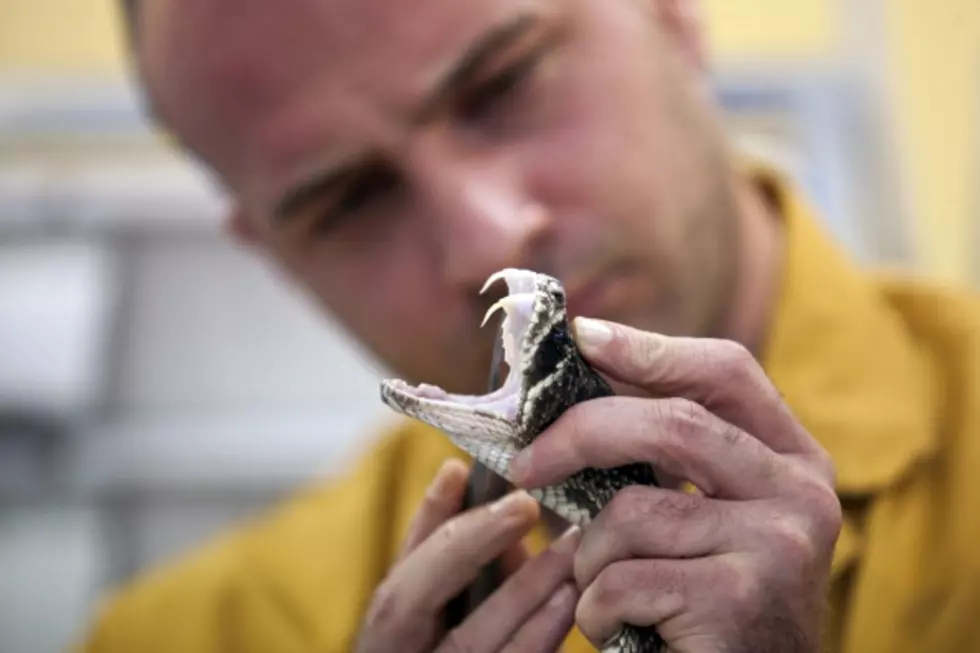
Don’t Worry Be Happy – Not So Fast And Not Always!
The Fresno Bee/MCT via Getty Images
'Optimism - hopefulness and confidence about the future or the successful outcome of something. Some people seem to be able to be positive or happy ALL THE TIME!
What do they have that the rest of us don't? Maybe it's something Dr. Dean Burrett, author of the book “The Happy Brain,” has coined “toxic positivity.” The idea that there is a right time and place for everything, including happiness!
It’s when people insist on themselves and others being happy, when the situation fully justifies the opposite. There’s an idea that happiness should be our default state, and if we aren’t, happy then something is wrong. Dr. Burrett says " that's nonsense… the brain doesn’t work like that.”
This applies during the pandemic perhaps more than ever before. The Daily Mail spoke with David Kessler, a grief expert, who says the world is going through collective bereavement." Even if you haven’t lost a loved one, we’re grieving our normal lives and sense of safety. One unfortunate by-product of the self-help movement is that we try to squash our negative feelings. We tell ourselves we are not allowed to feel sad because other people have it much worse.”
Past scientific research has shown that suppressing our true feelings is not good for our mental health or physical well-being, and that people who have low self-esteem that are forced to repeat positive “affirmations” actually feel worse as a result.
Comedian Al Franken's Saturday night Live character Stuart Smalley got laughs trying to push back his natural negative state by way of positive affirmations.
The research concludes, "instead of telling a friend to cheer up after a bad experience, instead you should tell them their bad feelings are valid—empathize and listen, and it might actually help them feel better."
More From News Talk KIT









